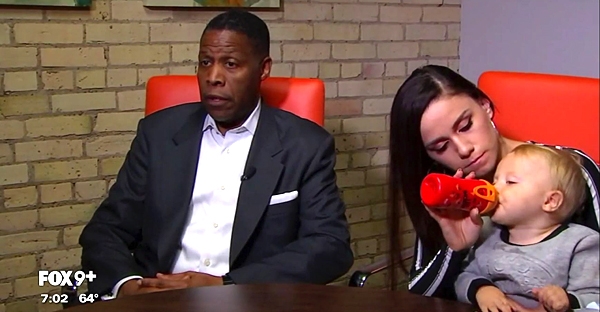4. Why Does the Amendment Claim "Fundamental" Rather Than "Unalienable" Rights?
Aren’t fundamental rights weaker than unalienable rights?
Professor William Wagner, J.D., answers this question:
To be sure, the right of parents to direct and control the upbringing of their children is, in my view, part of the unalienable liberty referred to in the Declaration [of Indepencence]. It is also, in my view, one of the rights of the people referred to in the Ninth Amendment1.
I think it is factually incorrect, however, to state that "fundamental right" language articulates a weak right. Like it or not on how we got here (I do not, given the judicial activism it took), the fundamental right standard provides the greatest limitation on government action (and therefore guarantees the greatest amount of freedom) of any constitutional standard recognized by the American government.
Given that many on the Supreme Court see their role as imperial interpreters of an ever-evolving organic constitution, what prevents them from interpreting a heretofore, uninterpreted "unalienable right" as a lower level liberty (i.e., one that the government could overcome with, instead of a "compelling" governmental interest of the highest order, just an "important" or "legitimate" government interest)? Nothing.
On the other hand, if we instead employ the "fundamental rights" language, even the members on the Court most hostile to religion have held that such language confers the greatest protection to an individual's liberty of all the constitutional standards recognized by the Court. As a [religious] believer, I agree with you that this may not be the optimal option from a purely theological perspective. It is, however, currently the only and best option to take back the most amount of lost ground given the current hostile legal and governing environments. And given these current hostile environments, it is also, in my view, the best strategy to protect against … losing further ground -- (e.g., following any ratification of the CRC).
1 Supreme Court Justice Antonin Scalia agrees. The following comes from his dissent in Troxel v. Granville, 530 U.S. 57 (2000):
In my view, a right of parents to direct the upbringing of their children is among the “unalienable rights” with which the Declaration of Independence proclaims “all men…are endowed by their Creator.” And in my view that right is also among the “other[r] [rights] retained by the people” which the Ninth Amendment says the Constitution’s enumeration of rights “shall not be construed to deny or disparage.” The Declaration of Independence, however, is not a legal prescription conferring powers upon the courts; and the Constitution’s refusal to deny or disparage rights is far from affirming any one of them, and even further removed from authorizing judges to identify what they might be, and to enforce the judges’ list against laws duly enacted by the people.























